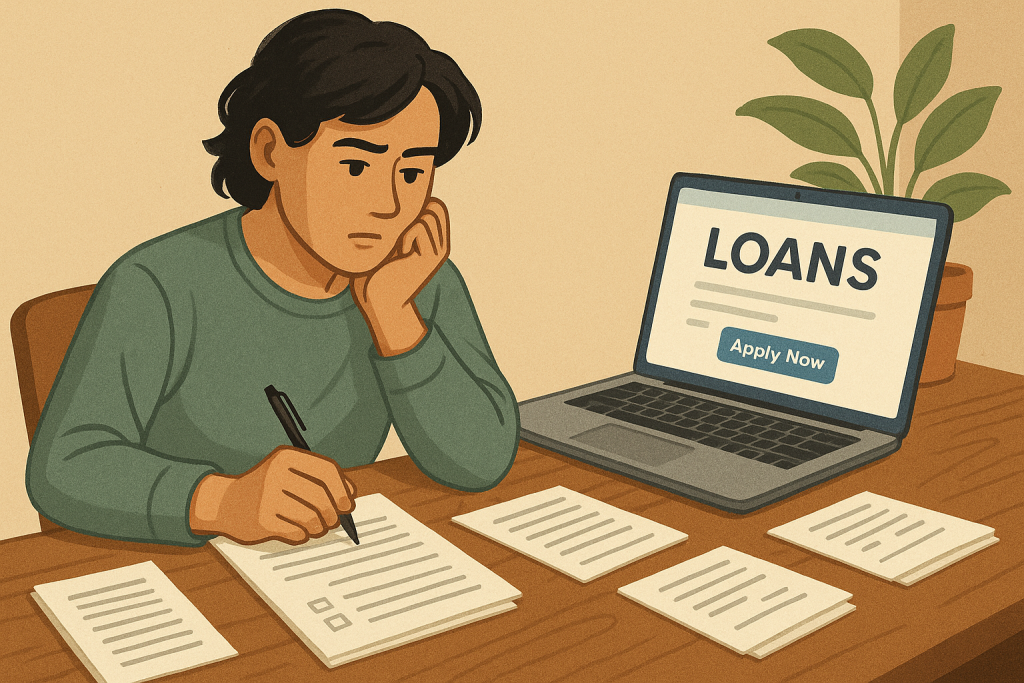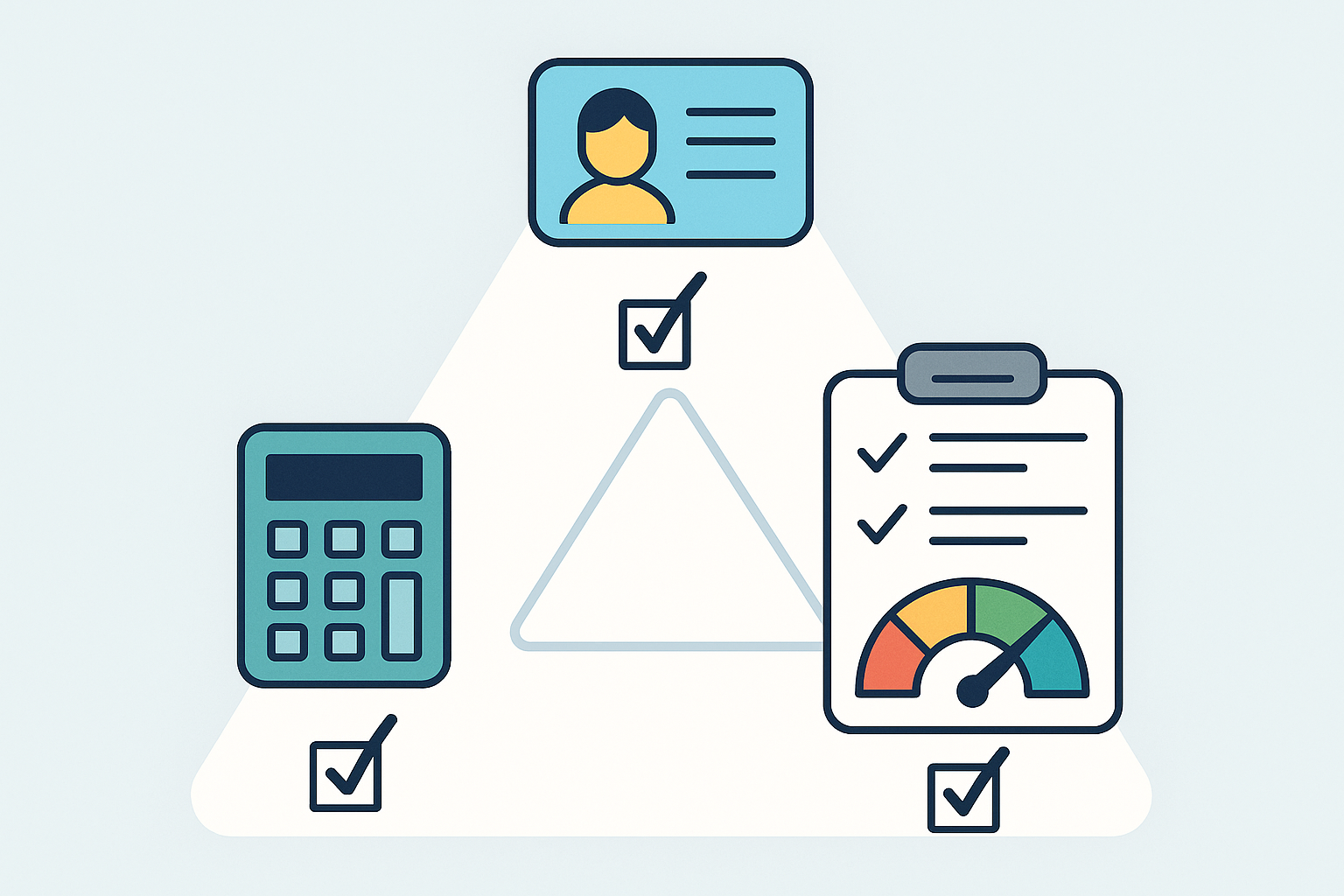Applying for a personal loan can be a significant decision and involves careful planning. Before you even start the application process, it’s crucial to be well-prepared to ensure you make the best financial choice. In this blog post, we will guide you through the key steps to take before securing a personal loan, helping you to clarify your financial needs and improve your chances of approval.
Whether you’re looking to consolidate debt, finance a big purchase, or cover an emergency expense, understanding these steps will give you the confidence and clarity needed to approach your loan application with ease. Check all the details!
Understand your financial situation

Before pursuing any lending option, the first and foremost step is to assess your financial landscape. This involves a detailed examination of your income, expenses, and other obligations. Understanding your budget thoroughly will help you determine whether you can afford the additional debt commitment.
Take stock of your monthly income, including any supplemental earnings, and list your regular expenses. Consider all financial commitments, from rent or mortgage payments to utilities and groceries. By doing so, you’ll have a more comprehensive view of how much financial flexibility you have and if you’re capable of taking on a new liability.
Besides assessing your current income and expenses, delve into your savings and investments. Having a savings cushion can provide a sense of security and could also offer an alternative to borrowing. Consider if you really need to borrow or if you can use part of your savings to meet your needs.
If borrowing is still necessary, at least you’ll know the amount you need to borrow is justified and not overlooking cost-effective alternatives. It’s about being able to balance your income with your expenses, alongside being prepared for unforeseen financial challenges.
Determine your loan purpose
Knowing precisely why you need a loan is crucial as it guides various aspects of the borrowing process. Are you planning to consolidate credit card debt, fund renovations, or manage sudden expenses? Clearly defining the purpose will help you decide on the loan amount necessary and the right type of loan product.
When defining the purpose, also consider the urgency and timing of the financial need. Some reasons for loans demand a faster response than others. For instance, an emergency medical expense carries a different urgency compared to a home improvement project. Understanding the timeline can affect both your choice of lender and loan product.
Shop around for lenders
Not all lenders are created equal; therefore, it’s wise to shop around and compare offers from various financial institutions. These can include traditional banks, credit unions, and online lenders. Each lender may offer different interest rates, terms, fees, and levels of customer service. By investing time in comparison shopping, you stand to save significantly in interest and fees over the life of the loan.
When comparing, pay attention to the Annual Percentage Rate (APR) offered by different lenders, as this encompasses not just the interest rate but also other fees and costs associated with the loan. The APR gives you a clearer picture of the actual cost of borrowing. Be cautious of loans with exceptionally low-interest rates that are offset by high fees elsewhere in the agreement.
Prepare required documentation
Preparing the necessary documents ahead of time can expedite the process when you finally decide to apply. Most lenders will require certain documents to verify your identity, income, and financial standing. Having these documents organized and readily available can significantly ease the loan application process.
Typically, lenders will request documents such as identification (like a driver’s license or passport), proof of income (such as pay stubs or tax returns), and bank statements. Additionally, having records of any existing debts or financial obligations can be helpful as lenders assess your ability to repay the loan.
Moreover, ensure your documentation is up-to-date and accurately reflects your current financial situation. Any discrepancies between your documents and the information you provide on the application could lead to delays or even denial of the loan. Taking the time to ensure accuracy in your documentation can prevent potential setbacks and make you a more appealing candidate to lenders.
Consider your repayment plan
Before signing any loan agreement, it’s crucial to have a clear plan for repayment. Knowing how you will manage your loan payments is key to maintaining your financial stability and preventing future debt issues. Given your understanding of your financial situation and the loan terms offered, map out a solid repayment strategy.
Calculate how the loan payments will fit into your monthly budget and adjust accordingly. If possible, aim for a loan term that balances affordable monthly payments with a reasonable total cost of borrowing. Longer terms often mean lower payments but higher total interest, whereas shorter terms increase monthly expenses but reduce the overall cost.





